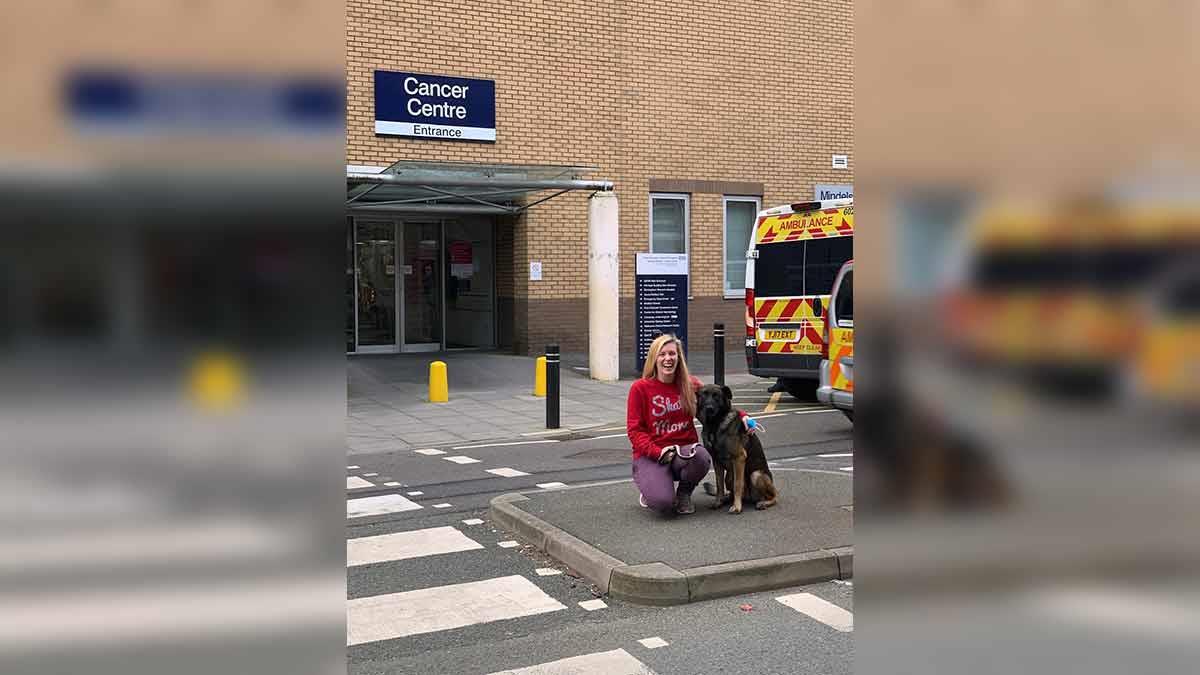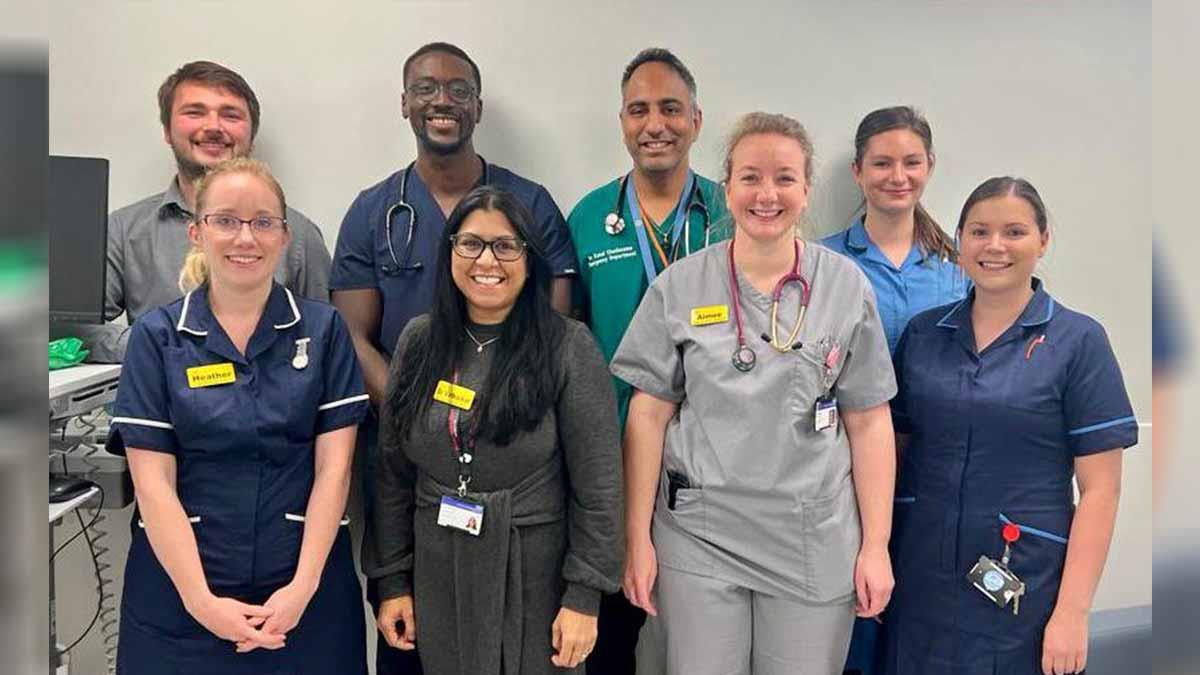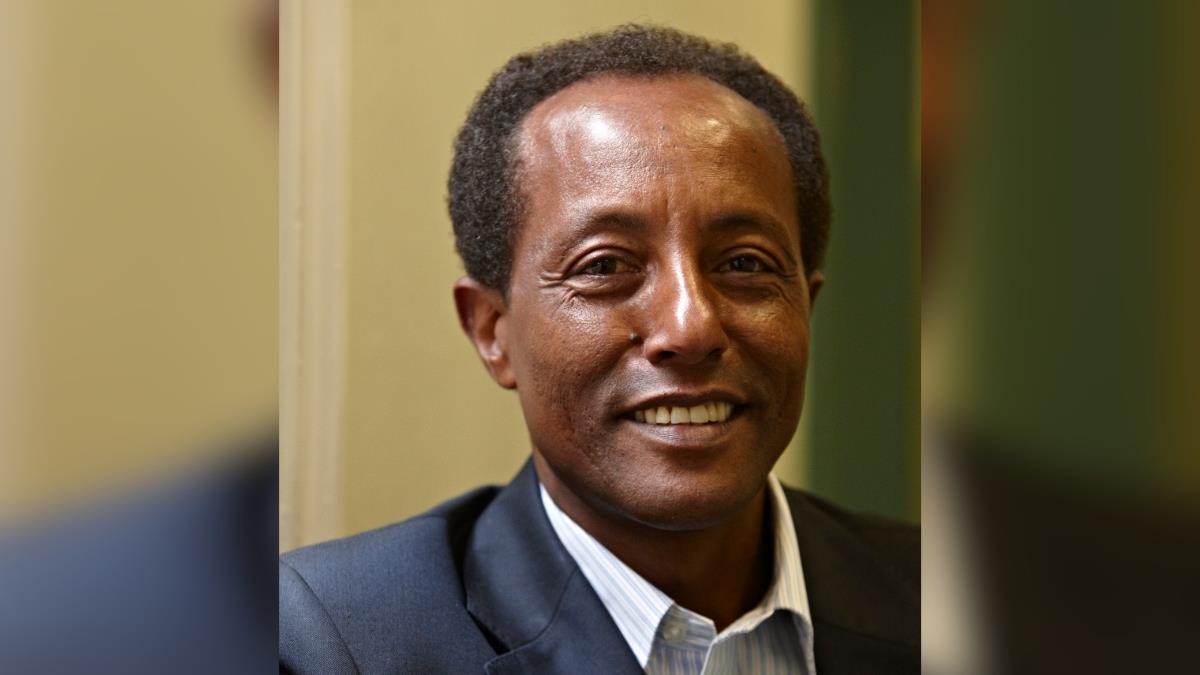New funding could see artificial intelligence helping to diagnose breast cancer
Published on 03/03/2023

Artificial intelligence could play an important part in helping local patients get their breast cancer diagnosis quicker, thanks to an investment of £1.5m.
The funding is part of the UK Artificial Intelligence in Health and Care Award, which will see £1.5m awarded to Ibex Medical Analytics, who are leaders in developing artificial intelligence solutions.
Ibex is working with University Hospitals Birmingham NHS Foundation Trust (UHB), University of Nottingham, and four other NHS trusts, to test the effectiveness of AI in the diagnosis of breast cancer. It is hoped that this will mean future patients will benefit from a quicker diagnosis.
Current UHB patient, Joanna Long said: “It’s fantastic news that local women will benefit from this funding. I was at my fittest and it came as a shock to find a lump.
“I was told I had a 50-50 chance of the biopsy coming back as cancerous. While I was optimistic that those were high odds to be told it wasn’t cancer, you just cannot rest until you know.
Joanna added: “That two week wait between me having my biopsy and getting my results was the absolute worst part of my treatment and the whole process. At least once I had the answer I was no longer lying awake wondering.
“Anything that someone can do to make that two week wait not so heavy on patients’ mental health will be such a huge benefit.”
Ibex’s Galen Breast solution aims to support pathologists by providing AI-based tools and insights that help detect and grade different types of breast cancer.
Our own Consultant Pathologist Professor Abeer Shabaan is involved in the project as the principal investigator for the Trust. Professor Shabaan will work with other pathologists to analyse the Galen Breast on breast cancer patients as part of routine practice.
They will then evaluate how the technology helps improve the quality of diagnosis, how it reduces case review time, and how it impacts on overall cost-effectiveness of breast cancer diagnosis -reducing the turnaround time for patients.
Professor Shabaan said: “This is great news for our patients and for UHB, as it puts us at the forefront of digital and artificial intelligence for pathology. It will help us to streamline our pathways and hopefully get results quicker for our patients.
“Here at UHB we have the advantage of having a diverse population of patients. Currently many AI programmes only test on Caucasian [white] patients, so we have the opportunity to produce information that will help all patients with breast cancer, from all ethnic backgrounds,” she added.
Research has shown that almost all women who are diagnosed with breast cancer at the earliest stage survive their disease for at least five years.
Salena Bains, Consultant Oncoplastic Breast Surgeon and Clinical Service Lead for Breast Surgery at UHB, said: “This is great news for our patients and the future of our service. We know that patients who are diagnosed with breast cancer earlier on are more likely to have successful treatment.
“This project has the potential to reduce the time it takes for us to diagnose patients with breast cancer and therefore significantly improve their outcomes and experience.”


